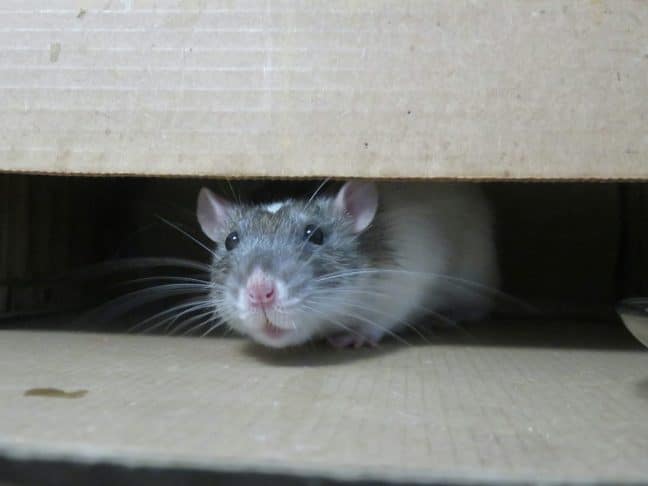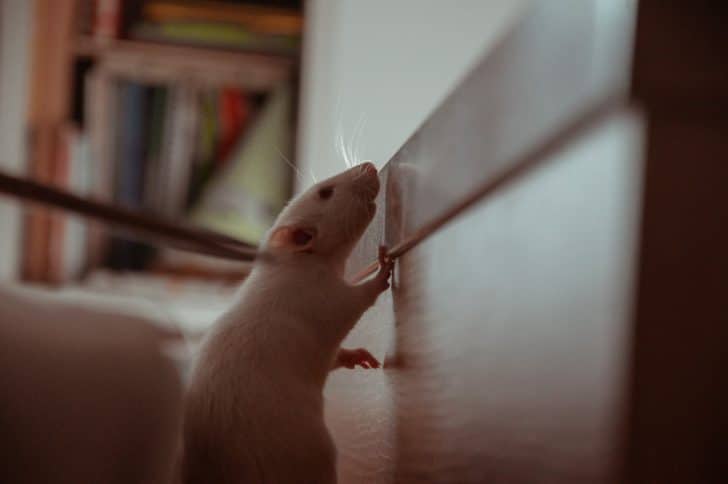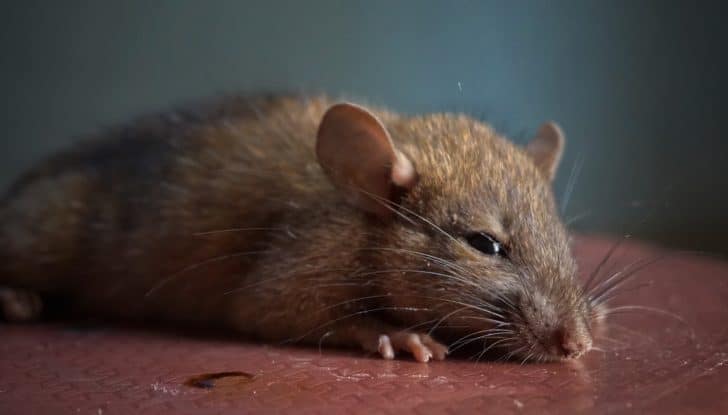During a recent announcement to the City Council’s Criminal Justice Committee, Superintendent Anne Kirkpatrick disclosed an astonishing dilemma plaguing the New Orleans Police Department—a situation involving rodents with a penchant for cannabis. It seems that these reefer-loving rodents have been indulging in the department’s stash of marijuana, stored securely in the evidence room. Kirkpatrick’s revelation underscores the urgent need for addressing the deteriorating conditions of the police headquarters.

As Kirkpatrick passionately pleaded for funding to establish a new home for the police force, she painted a grim picture of the current facility, which was constructed back in 1968. The aging infrastructure suffers from a litany of issues, including malfunctioning elevators, lack of air conditioning, and pervasive infestations of rats and cockroaches. She described how officers are forced to work amidst the filth of rodent droppings scattered across their desks—an unsanitary and demoralizing environment for law enforcement professionals.
The situation with the rats, though alarming in its own right, extends beyond mere inconvenience. Kirkpatrick pointed out that the rodents’ appetite for marijuana could potentially compromise ongoing criminal cases, adding another layer of complexity to an already dire situation. She emphasized the pressing need for action, describing the level of uncleanliness within the headquarters as “off the charts,” with janitorial staff struggling to contend with the seemingly insurmountable task of maintaining a semblance of hygiene.

The roots of the current predicament trace back to the aftermath of Hurricane Katrina’s devastating impact on the city in 2005. The flooding that ensued filled the basement of the police headquarters, providing an entry point for rodents and insects to infiltrate the premises. As one veteran officer lamented, the building has long been plagued by various pests, including rodents, bugs, and mice, making it a challenging environment for those tasked with upholding law and order.
Beyond the practical implications, the pervasive infestation and decrepit conditions of the headquarters have broader implications. Kirkpatrick noted that the situation serves as a deterrent for potential out-of-state transfers, further exacerbating recruitment challenges. Councilmember Oliver Thomas, chair of the Criminal Justice Committee, echoed Kirkpatrick’s concerns, emphasizing the need for urgent action to address the untenable situation.

However, the path to resolution is fraught with challenges. Chief Administrative Officer Gilbert Montaño revealed that addressing the multitude of issues, including exterminating the cannabis-consuming rodents, would come at a staggering cost—three times higher than initially anticipated. Despite the daunting financial implications, the pressing need to safeguard the integrity of criminal cases and provide a safe and sanitary work environment for law enforcement personnel underscores the urgency of finding a viable solution to the ongoing crisis plaguing the New Orleans Police Department.
